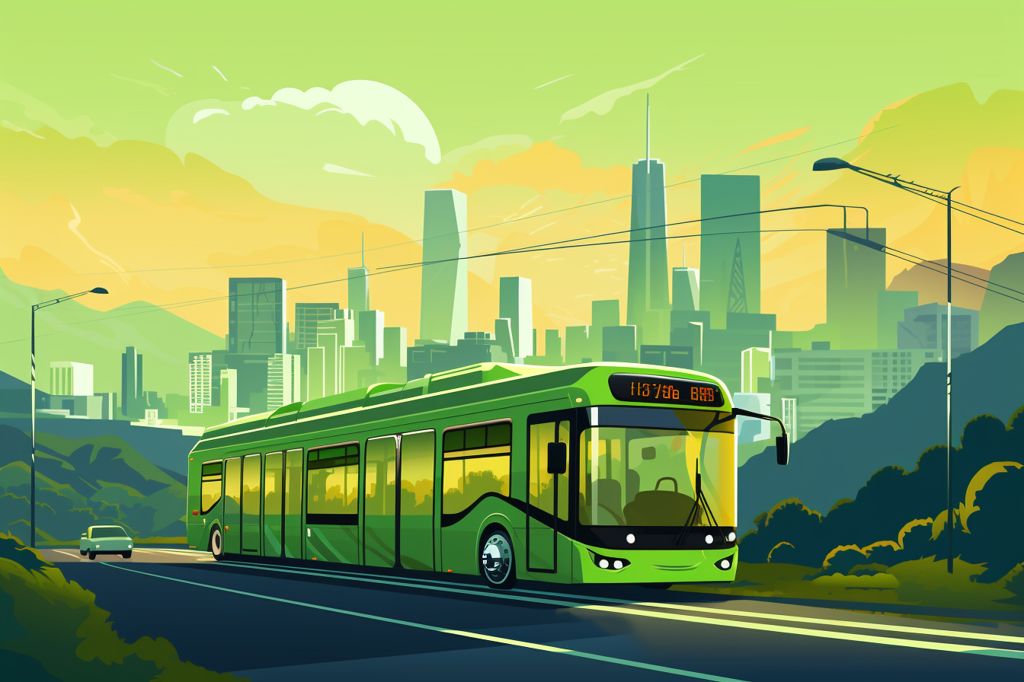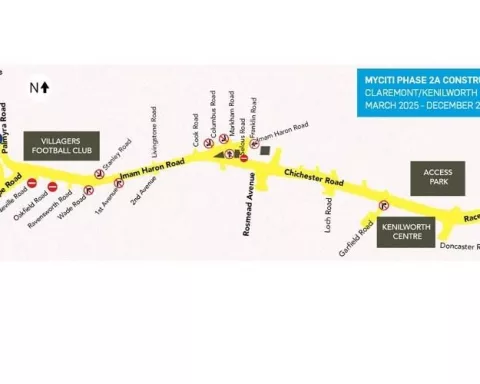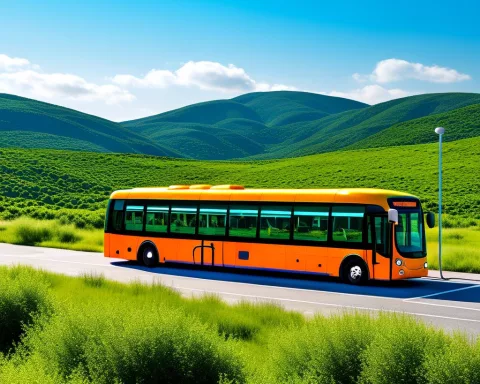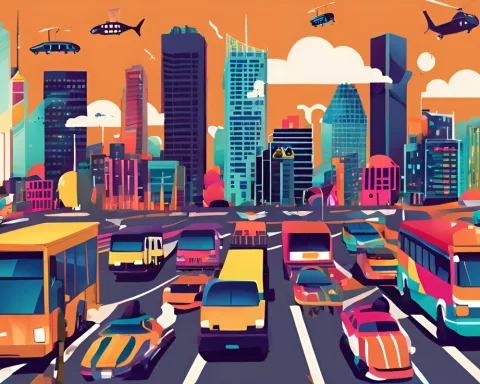Cape Town’s Golden Arrow Bus Service (GABS) is taking steps towards a sustainable future by introducing 60 electric buses each year, starting in 2024, with the goal of replacing its entire fleet of 1,100 diesel-powered vehicles. This shift towards electric propulsion not only helps the environment but also saves costs for the company in the long run.
Testing the Feasibility of Electric Buses
In 2021, GABS started the process towards this goal by testing the feasibility of electric buses with a trial of a BYD K9 electric bus. By September 2022, GABS acquired a new electric vehicle better suited to its operational requirements. During the trial phase, the buses operated under realistic conditions, completing 7,000 km without passengers with sandbags used to simulate a fully loaded vehicle.
Achieving Significant Milestones
In June 2021, GABS reached a significant milestone by completing 50,000 km with passengers onboard, testing the vehicles’ safety and range. The real-life trials demonstrated that the electric buses could operate on even the steepest inclines, such as the notorious Hospital Bend on the M3 highway. Furthermore, switching to electric could result in annual diesel cost savings of R657,000, a 50% reduction in spare parts expenses, and an 80% savings on oils and lubricants.
Commitment to a Greener Future
GABS has been reducing its carbon footprint since 2017 by installing grid-tied solar panels at six of its bus depots in Cape Town, producing 1.7 MW of green energy. The full conversion to electric propulsion will take approximately 18 years, with an annual investment ranging between R324 million and R486 million. This ambitious plan, amounting to a total investment of R5.8 billion, further highlights GABS’s commitment to a greener future.
Supplementing Renewable Energy Sources
To supplement its renewable energy sources, GABS is considering installing solar carports and ground-mounted solar panels wherever possible. Additionally, the company is developing an electric bus charging strategy to minimize the impact on its customers. Currently, GABS has two AC chargers and one DC charger at its depot. However, future plans may involve installing DC fast chargers at select bus stops, enabling buses to charge en route, enhancing operational efficiency and convenience.
Setting an Example for Public Transportation Systems
Cape Town’s Golden Arrow Bus Service is setting an example for other public transportation systems worldwide by demonstrating the potential of electric buses in addressing environmental concerns and optimizing operational costs. As more cities embrace the electric revolution in public transportation, we can look forward to a cleaner, greener, and more sustainable urban landscape in the coming years.












